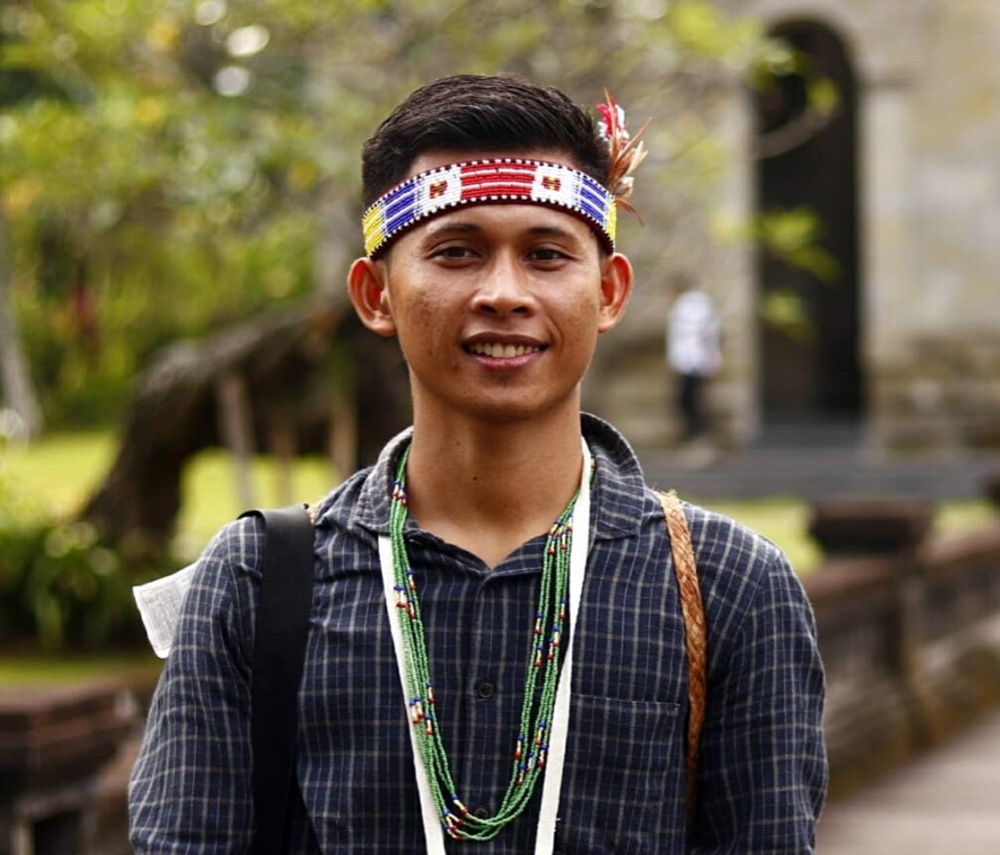
Martison Siritoitet is an indigenous Mentawai student who enrolled in the Mentawai indigenous learning hub program in the final year of his high school education. Almost 3 years on and Martison has been awarded a scholarship to study sustainable tourism at Trisakti Tourism College, which he believes will provide him the skills and opportunity to bring positive impact and strength to his indigenous culture and community.
“I aspire to be a lead voice in ensuring that Mentawai’s indigenous education will be available for the benefit and sustainable future of all students across our Mentawai Island community.”
We posed five thematic questions to Martison to share his experiences and insights gained through the indigenous learning hubs established by the Mentawai indigenous foundation:
1. On traditional indigenous knowledge and ecosystem management practices:
The Mentawai Indigenous Foundation has enabled young people like me an opportunity to learn about our culture and give us a deeper understanding and knowledge of the environment. In addition, we have seen a surprising surge in students now taking pride in their identity wherein the past they were socially pressured to adapt to modern ways of thinking and turn their backs on tradition. This, in turn, has inspired us to learn more about our ancestral practices, wisdom and understanding of the world around us, and to be in harmony with it.
Once we began to realise the inherent value and beauty of our ancestors that our parents and community leaders are passing on to us, we feel more confident that we can survive and thrive just as much as our community can live in harmony with nature and the world outside.
2. On the impact of the Mentawai indigenous learning hub programs:
In my experience, the formal education programs offered by the Mentawai government to-date have not included indigenous education in the formal school curricula. One important example of this is that our Mentawai language is not being taught as part of the formal school program. This is a long way from the expectations of our community, especially the younger generation who want to know more about our ancestral ways while learning about the world outside.
Our ability to organise and implement our own cultural education program, which involves the strong support of families, community and students, has had an impact on building resilient students to participate within the community. We have seen young girls participate in these programs in greater numbers than boys.
The official government institutions have looked favourably on our program model and initiative and we have started a dialogue on how to best integrate traditional knowledge of the Mentawai into formal government schools on the basis that all students in Indonesia should know about the diversity of all its peoples. We are also looking at ways to integrate Mentawai language into regular state schools, but we face the problem of so many other indigenous people of not having qualified teachers who know our culture and language.
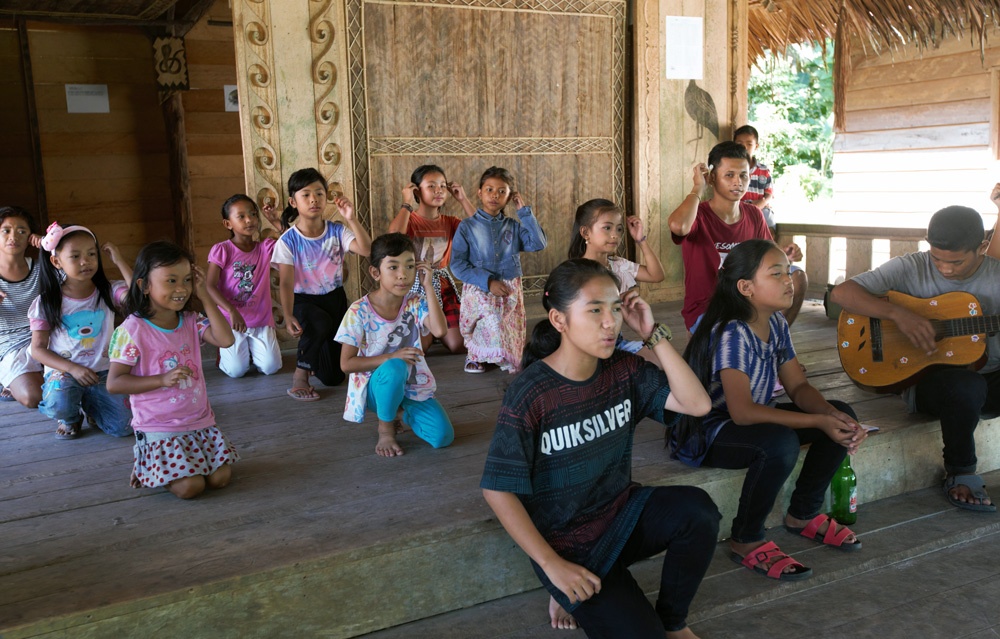
Learning traditional Mentawai song and dance is a popular learning activity for the Mentawai education program students. Martison assists a group of young Mentawai at the Maileppet learning hub. Photo: Bastian Ade
3. On the Mentawai indigenous education program designed to immerse students into their culture, language and identity:
The current program has been established through consultation with our community, family and traditional leaders and, facilitated by our Mentawai Indigenous Education Foundation, is conducted one day a week in throughout 12 months of the year in each village’s cultural hub. So our students have 50 odd days of learning their ancestral culture, language and identity. This knowledge sharing and dissemination is our highest priority.
In general, most people across the Mentawai islands are not doing enough to ensure respect, preservation, and the maintenance of our traditional knowledge, innovation and the practices of Mentawai community that sustain conservation and the wise use of biodiversity and biological resources. In particular, it is those living on the three other main Islands who have lost connection with Mentawai culture and our traditional knowledge, as they are pursuing state-run, foreign education systems.
However, on the island of Siberut—in the southern regions where our indigenous education program is being taught, the community is beginning to really understand the value and importance of protecting our culture, environment and biodiversity. Here, we are advancing indigenous education as a vital part of the solution and important contribution to developing self-confidence and pride in our identity, environment and culture.
4. On language as identifiers of origin and membership in a community and carriers of the ancestral values and knowledge systems:
The indigenous education program that we have developed collaboratively is having a measurable, positive impact on our community. A key part of this is the strengthened value in reinforcing knowledge of our indigenous languages as our mother tongues. It is critical that the younger generation has the opportunity to learn this and be proud of learning and speaking in our language.
To assist in facilitating this opportunity, in 2019 we initiated and published the first edition of a Mentawai Rereiket dialect dictionary—hoping to dispel the imminent peril by ensuring all Mentawai people can have access to learning and evolving our indigenous language. This dictionary has also been embraced by other Mentawai community regions and schools to enable this opportunity for their students and to support its preservation.
Through my engagement in the Mentawai learning hub program, I believe that our Mentawai society can build upon the traditional knowledge that has been handed down through generations and that we can develop our own solutions for dealing with a rapidly changing climate. As a result, we can sustainably preserve local wisdom, culture and our biodiversity and habitat.
5. On the link between indigenous education and pride of place in the world:
Traditional knowledge systems themselves lead to a strong respect for culture, language, identity, and environment, which will certainly shape the community in a way that we will be confident in our future and respectful of our traditional knowledge. Therefore, indigenous education is very important and provides us with a solution for the development of a strong, proud and well-grounded younger generation of Mentawai people. As a result, we protect our future because the younger generation will take ownership in the sustainable development and preservation of Mentawai culture, environment and people.
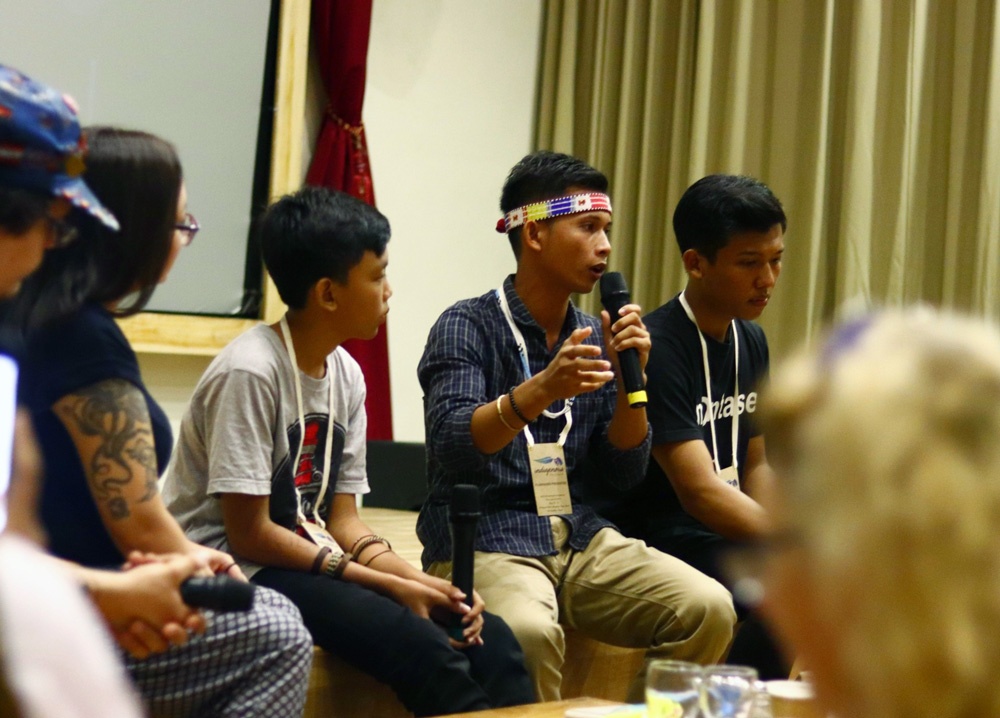
In 2019, Martison was invited to represent indigenous Mentawai youth and share story of his culture at the Indigenous Film Festival in Bali. In the 3 months leading up, Martison produced a short film focused on their Mentawai cultural learning hub program, which was screened at the festival.
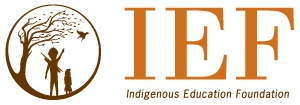

0 Comments